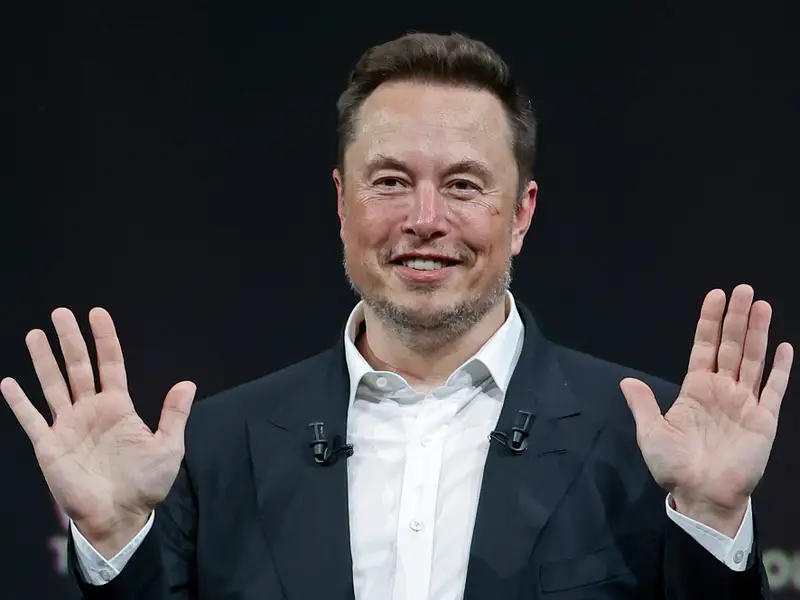Elon Musk’s Unconventional Defense: Ketamine Use Beneficial for Investors?
In a move that’s raising eyebrows and sparking conversations, Tesla CEO Elon Musk has made an unorthodox declaration regarding his personal habits, particularly his use of ketamine. In a recent statement, he boldly defended his consumption of the controversial drug, suggesting that if it benefits his companies and investors, he sees no reason to abstain.
The billionaire entrepreneur, known for his eccentricities and unfiltered presence on social media, has once again thrust himself into the spotlight with his candid remarks. Ketamine, a powerful anesthetic often associated with recreational use and as a treatment for depression, is not typically the subject of corporate endorsements. Yet, his unabashed embrace of the substance has ignited a debate about the intersection of personal choice, corporate responsibility, and shareholder interests.
Musk’s justification for his ketamine use is straightforward: if it enhances his cognitive abilities and fosters creativity, thereby driving innovation and ultimately bolstering the performance of his companies, then why should he stop? This unapologetic pragmatism reflects his penchant for pushing boundaries and challenging conventional norms—a trait that has endeared him to some while drawing criticism from others.
However, Musk’s stance on ketamine is not without controversy. Critics argue that his endorsement of a potentially addictive and hallucinogenic drug sets a dangerous precedent, particularly given his influential position in the tech industry. They caution against glamorizing substance use, especially in a professional context, and question the ethical implications of a CEO publicly advocating for mind-altering substances.
Moreover, the cavalier attitude towards drug use could have broader implications for corporate governance and investor confidence. Shareholders may be concerned about the potential risks associated with a CEO who openly acknowledges experimenting with drugs, regardless of the purported benefits. This raises questions about accountability, transparency, and the responsibilities of corporate leaders to act in the best interests of their stakeholders.
On the other hand, some observers view this transparency regarding his personal habits as refreshing in an era of sanitized corporate messaging. They argue that his willingness to speak openly about his experiences with ketamine adds depth to discussions around mental health, creativity, and the pressures of leadership. By humanizing the CEO figure, he challenges the notion of corporate infallibility and fosters a more honest dialogue about the complexities of success and well-being.
Ultimately, Musk’s defense of ketamine use as beneficial for investors underscores the blurred lines between personal autonomy and professional obligations in the modern corporate landscape. As the debate rages on, one thing remains clear: he continues to defy expectations and chart his own course, for better or for worse.






